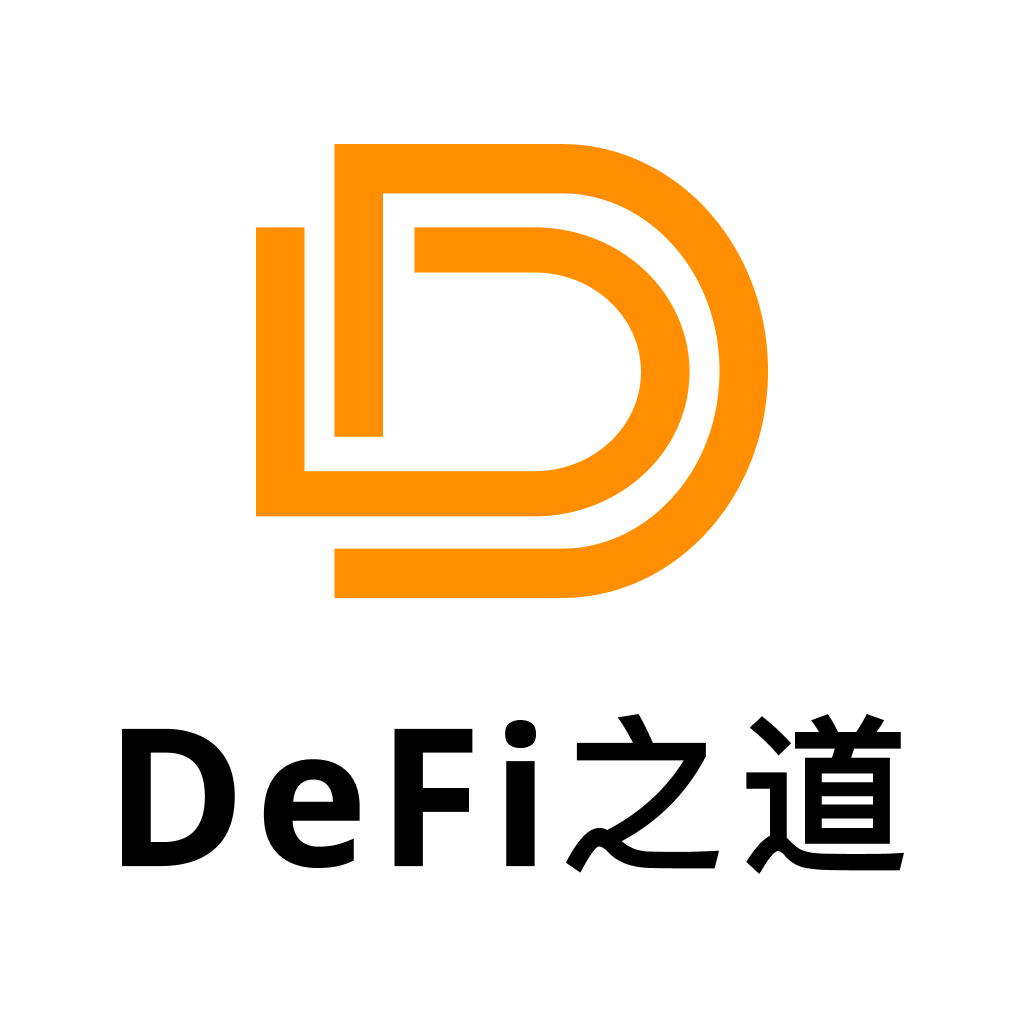Ethereum Shanghai upgrade or postponed to April, EIP 4844 renamed to Deneb
Compilation of the original text: The Way of DeFi
Compilation of the original text: The Way of DeFi
On February 9, 2023, Ethereum developers came together for the 102nd All Core Developers Consensus (ACDC) conference call.
Note: The ACDC conference call is hosted by Danny Ryan of the Ethereum Foundation and is a bi-weekly conference series where Ethereum developers discuss and coordinate changes to the Ethereum protocol. The ACDC conference call focused on the development of the Ethereum consensus layer, while another conference series, the All Core Developers Execution (ACDE) conference call, focused on coordinating code changes to the Ethereum execution layer.
This week, the Consensus Layer (CL) client team discussed Shanghai and the testing progress of the Capella upgrade. The recent Shanghai upgrade test went well on the Zhejiang testnet, and the developers agreed to launch the upgrade test on the next public testnet, Sepolia, on February 28.
first level title
Goodbye Zhejiang testnet, hello Sepolia testnet
On Tuesday, February 7th, the Shanghai upgrade was launched for the first time on a public Ethereum testnet called Zhejiang. Barnabus Busa, a DevOps engineer at the Ethereum Foundation, said the activation was "very successful," stressing that the network encountered no issues during the upgrade. Marius van der Wijden, developer of the Geth execution layer (EL) client, emphasized that all EL client teams should create dedicated tests to ensure that the process of encoding and decoding staked ETH withdrawals is done correctly on the network.
Danny Ryan, chair of the ACDC conference call, asked the group if they thought there was a need for more specific testing of withdrawal credential changes. Based on the group's silence, it seemed that the executive layer client team was satisfied with the testing work they had done, and Ryan went on to discuss specific testing for MEV relays as well as builders. Barnabus Busa said he has contacted the Flashbots team for help testing MEV-related infrastructure and software, but has yet to hear back from Flashbots. Terence Tsao of the Prysm (CL) client team said the lack of "capable relayers and builders" on the testnet for developers is a major hurdle.
Based on insufficient testing of the MEV-Boost software, fallback mechanisms for MEV Booster software failures, and updated specifications for builder and repeater operators, some of the developers on the call stated that it is difficult to address these specific issues. They were reluctant to test the Shanghai upgrade on more public testnets before testing the domain. "I don't think we should even be talking about forking Sepolia without first testing the builder," said a developer who goes by the pseudonym "Potuz" for a Prysm (CL) client. ACDE called Conference chair Tim Beiko countered that ethereum core developers have historically not allowed the readiness of infrastructure providers to affect the timing and testing of protocol layer upgrades.
After some more discussion among the developers, Danny Ryan suggested that the executive layer client team focus on testing the parts of the MEV software that directly impact the Ethereum protocol layer, in addition, Ryan also agreed to collaborate with other members of the Ethereum Foundation test team , working on a private test network to evaluate validator responses to MEV infrastructure and software failures during the Shanghai upgrade.
Ryan said:
"My hunch is not to stop the testing efforts on Sepolia at this time, but to run many of these testing efforts in parallel and continue to evaluate them over the next few weeks."
It is reported that Sepolia is the penultimate public test network. According to the preparation of the client team, the developers agreed to schedule the activation of Sepolia Shanghai upgrade on February 28. Tim Beiko emphasized that this means that a blog post about the Sepolia upgrade will be published on the Ethereum official website around February 20th, and all client teams should be ready for the Shanghai upgrade by next Friday (February 17th) at the latest. working version.
first level title
Goodbye EIP 4844, hello Deneb
While the Shanghai upgrade is testing work, developers are preparing to activate Ethereum Improvement Proposal (EIP) 4844 in the next upgrade after the Shanghai upgrade. As noted in previous call transcripts, Shanghai Upgrade is the name of the upgrade that enables pledged ETH withdrawals on the Ethereum Execution Client (EL), while Capella is the name of the upgrade for the Ethereum Consensus Client (CL). During the last ACDC conference call, the developers agreed to name the EIP 4844 upgrade Deneb (Tianjin Four Star), the name of a first-magnitude star in the constellation Cygnus. Hsiao-Wei Wang of the Ethereum Foundation reminded the Consensus Client (CL) team that starting this week, the naming of EIP 4844 on the relevant GitHub release will be updated to Deneb, so developers who open pull requests under the name EIP 4844 should Update as soon as possible.
herehereSummarizing Anton Nashatyrev's findings, the summary of last week's developer call provides context for the discussion on block-to-block separation. One of the main benefits of using separate subnetworks to propagate blob and block data is that these messages can be communicated across the network more efficiently. Anton confirmed that when decoupling these messages, message reception time was reduced by 40% - 50%. The developers discuss ways to improve these simulations, as well as initial investigations around blob validation strategies. Anonymous developer "realbigsean" from the Lighthouse (CL) client team also highlighted one of the beacon chain APIs and endpoints used to sign blob transactionsopen questionfirst level title
other topics
Other miscellaneous topics brought up on this week's conference call include:
Call for Volunteers to Become EIP Editors: Tim Beiko encourages executive client (CL) developers to join the EIP editorial team to help review EIPs related to the executive client (CL).
Call to deprecate obsolete engine API calls: Mikhail Kalinin, principal researcher at ConsenSys R&D, proposed several different approaches to deprecate an obsolete engine API call called "exchangetransitionconfiguration". Given that this code change is not urgent, the developers agreed to revisit the topic after the Shanghai upgrade is complete.
Original link



